A woman invites a group of her closest friends to spend a Wednesday evening together at her house in the woods.
They are not spending the evening indoors watching TV or sharing a meal. Tonight the focus is on an important religious ceremony they will hold outdoors.
Members of the group carry supplies such as dragon’s blood incense, a bottle of mead, pomegranate seeds, a bell, salt and miscellaneous clothes.
They walk up a hill into a backyard clearing. Two women in the group assemble their supplies onto four tables placed within a circle of four large logs, marking the four cardinal directions. The three others remain near the house.
Then, one member turns off the house lights, and the group enters the circle. They are surrounded by a dozen candles ranging in shape and size and their assorted supplies. A thick grove of trees blocks the view of the neighbors, while crickets chirp on this warm autumn night.
Jim Grimes sits in the center, holding a guitar, and guides Lechele Foley as she proceeds around the circle to ward off evil spirits and ask for the protection of elemental gods.
The group is holding a ritual for Mabon, one of eight Wiccan Sabbat days, or the autumnal equinox. Though only five have gathered in Foley’s backyard, they are among the many Americans who practice a form of religion broadly labeled as Paganism.
Why It’s Newsworthy: Pagans in the Athens area come together to fight misconceptions and prejudice about their religious beliefs and practices.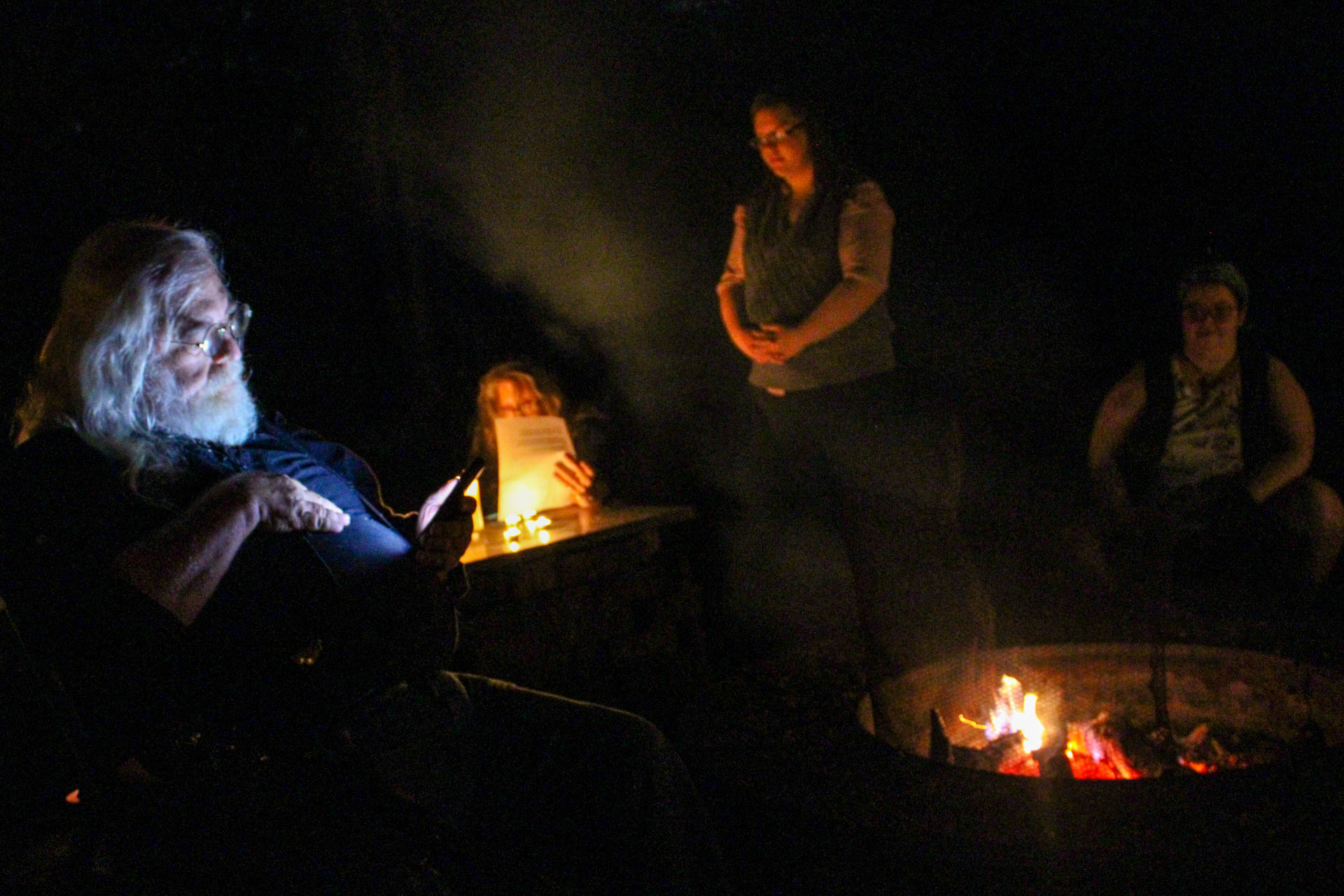
Building a Pagan Community
Pagans often rely on internet sites and forums to contact and communicate with each other across the country and the world. Popular forums, such as the Witch’s Voice or Witchvox.com, help pagans find others with similar beliefs within their local communities.
In 2005, Lachele Foley wrote a post calling on pagans in the Athens area to gather at the Georgia Botanical Gardens. This meeting was the inception of Athens Area Pagans, a nonprofit organization for people from a wide range of practices that all fall under the label of paganism.
Finding Spirituality in Nature
Defining paganism can be difficult. The short answer from Foley and Grimes is that paganism is merely an umbrella term to categorize numerous beliefs and practices that respect nature and consider the earth to be sacred.
“We joke that if you ask 10 pagans what paganism is, you’ll get 20 answers,” says Angela Warren, the current CEO of the organization. “Most [pagan beliefs] revolve around a closer connection to nature,” she says.
It is the more earthbound, natural elements that attracted Warren to paganism. She and many pagans believe that the natural cycles of birth, growth and death observed in the world around us carry profoundly spiritual meanings.
Leaving Mainstream Religions
“I grew up in a religion, primitive Baptist, that was very gnostic … the whole message that this world is not our home was very strong,” Warren says.
“I struggled and struggled and struggled because when you are raised in the South with a conservative family, religion is what makes you a ‘good person,’” Warren adds.
These internal struggles, along with a family history of mental illness, put Warren in a dark place. Paganism, Warren says, “was the exact opposite of where I had been, and it helped pull me out of a hole.”
Much like Warren, Jim Grimes, a founding member of Athens Area Pagans, joined the pagan community from a Southern Baptist background. He appreciates how paganism is a “practical” religion, as he calls it.
Grimes says it’s “more about what you do than what you believe.”
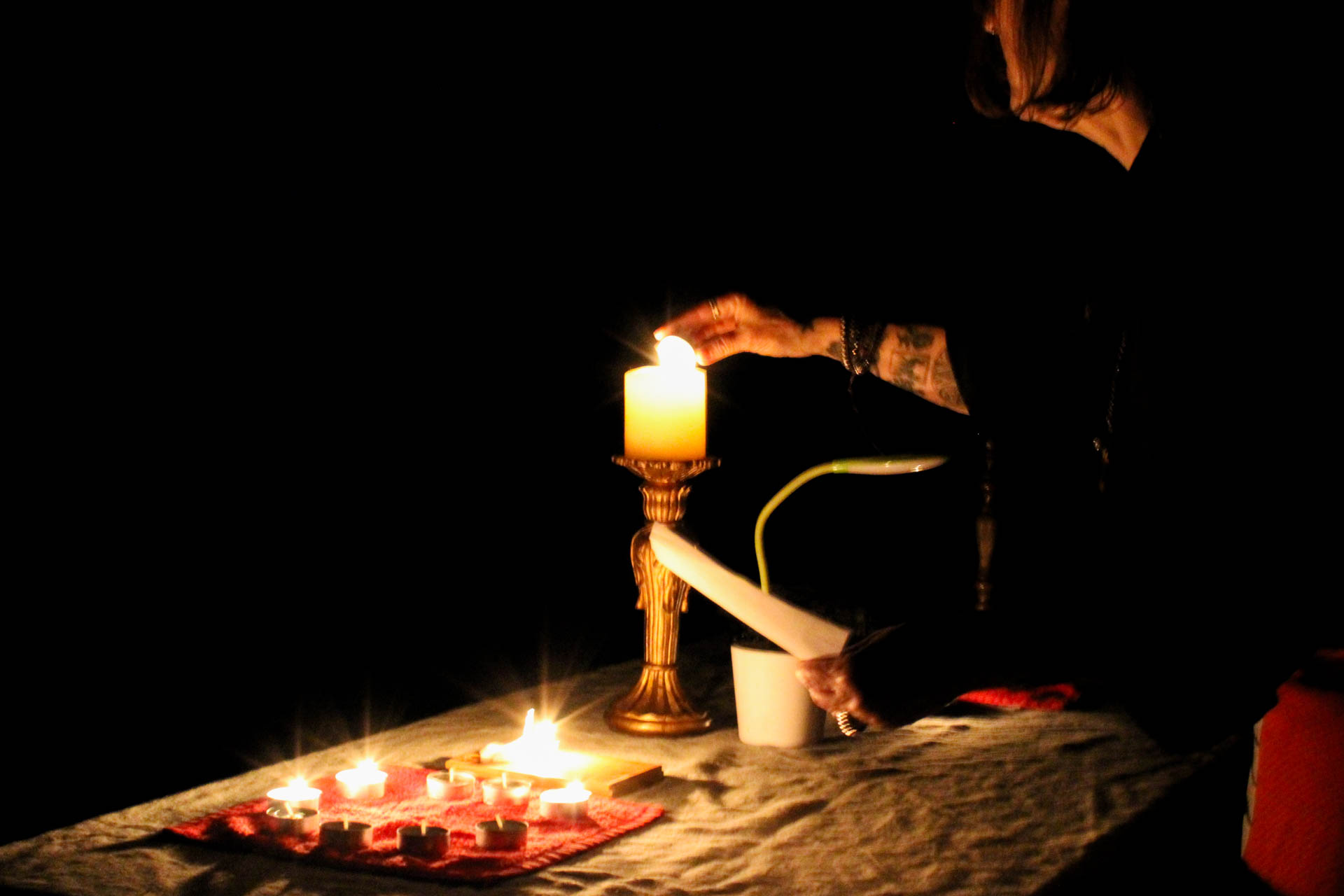
Fighting Discrimination
Regardless of its practicality, practicing paganism comes with many challenges. There are misconceptions that pagans are devil worshippers or cult members.
“There is definitely still discrimination against minority religions,” Warren says.
Members of Athens Area Pagans face fears of losing jobs and housing due to their religion. Warren says she once lost her home when her Christian landlords learned of her pagan beliefs and refused to renew her lease.
Grimes recounts an incident during an attempt by the organization to open a retail store on Baxter Street.
“The real estate agent was very enthusiastic …. [until] the word ‘pagan’ got mentioned while he was showing us the building. All the sudden … we stopped getting phone calls,” Grimes says.
After reaching back out, Grimes was informed that plans for a pagan store were deemed “inconsistent with the character of the neighborhood.”
Creating an Inclusive Space
Incidents such as these are the reason Athens Area Pagans works to advocate for and help paganism be seen and practiced openly, starting with providing inclusive space for pagan rituals.
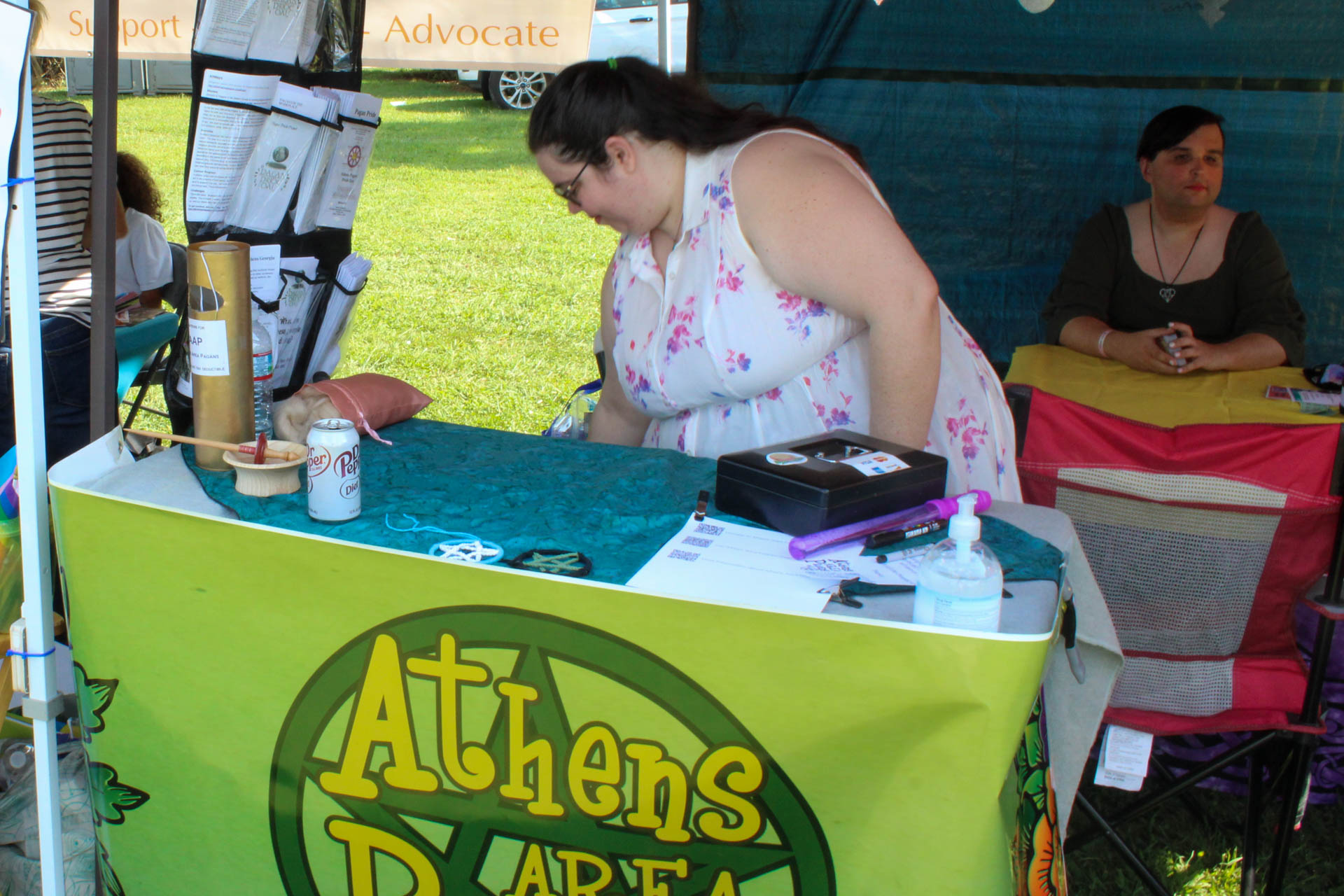
“There’s little places where the pagans have spaces dotted around, but it’s nowhere near the variety Christians have,” Warren explains.
“That’s why we bought land on the other side of town, so we can set up a place for people to come out that’s not a government-controlled park,” Warren adds.
With a place of their own, Warren hopes her organization can give hope to local pagans for years to come.
Malcolm Montgomery is a fourth-year student majoring in journalism with a minor in theater.



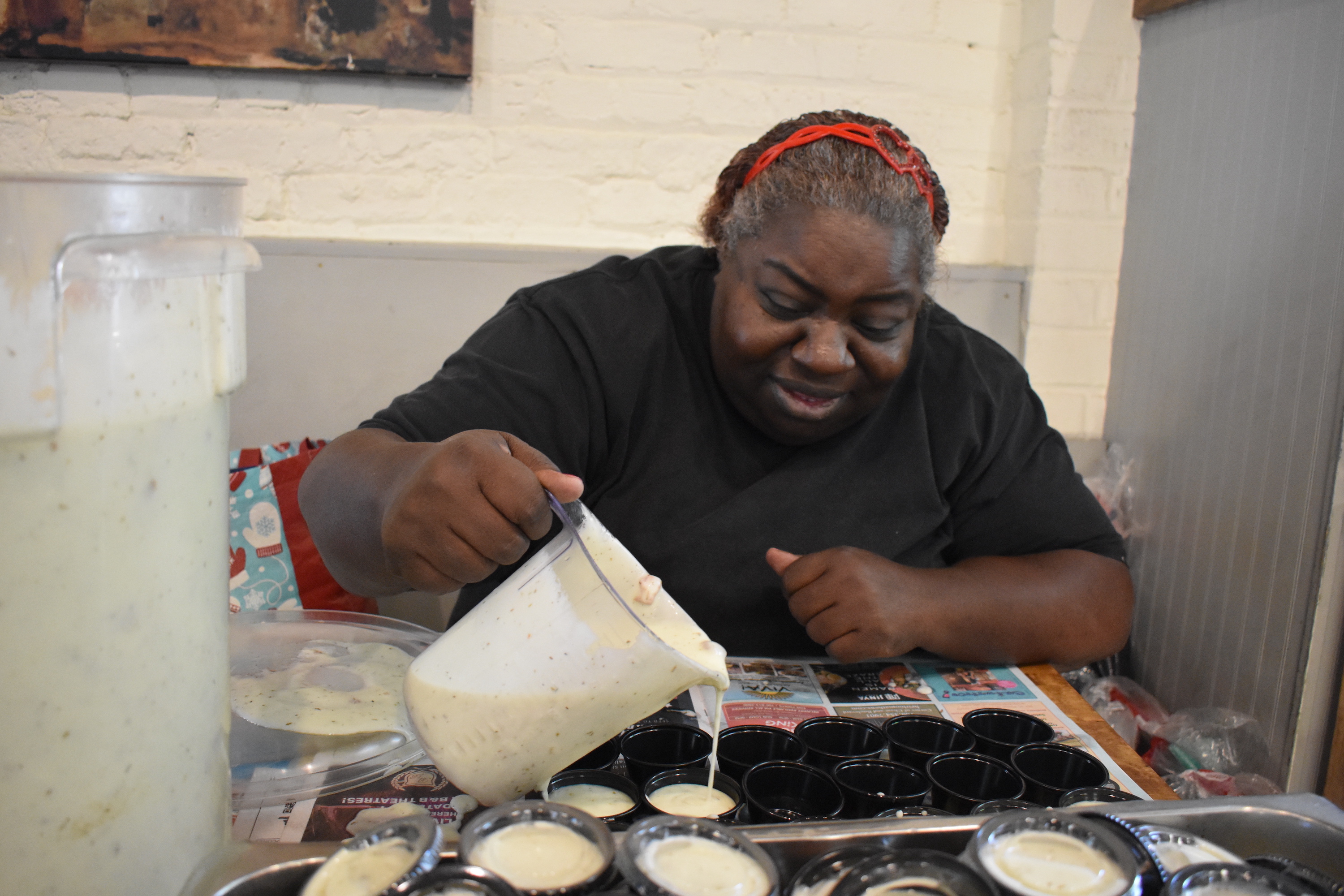

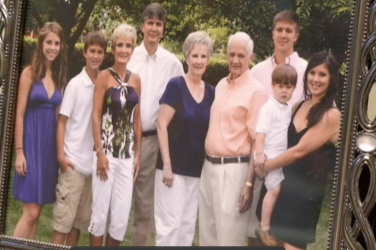
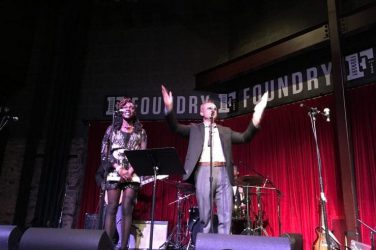

Show Comments (1)
Mark Williams
I love these people and their cause. They advocate for anyone who wants to practice an esoteric art or alternative religion and they do not force their views on anyone or feel it is their mission to “convert” them. They embody the idea of true religious freedom as it was meant to be in this country.